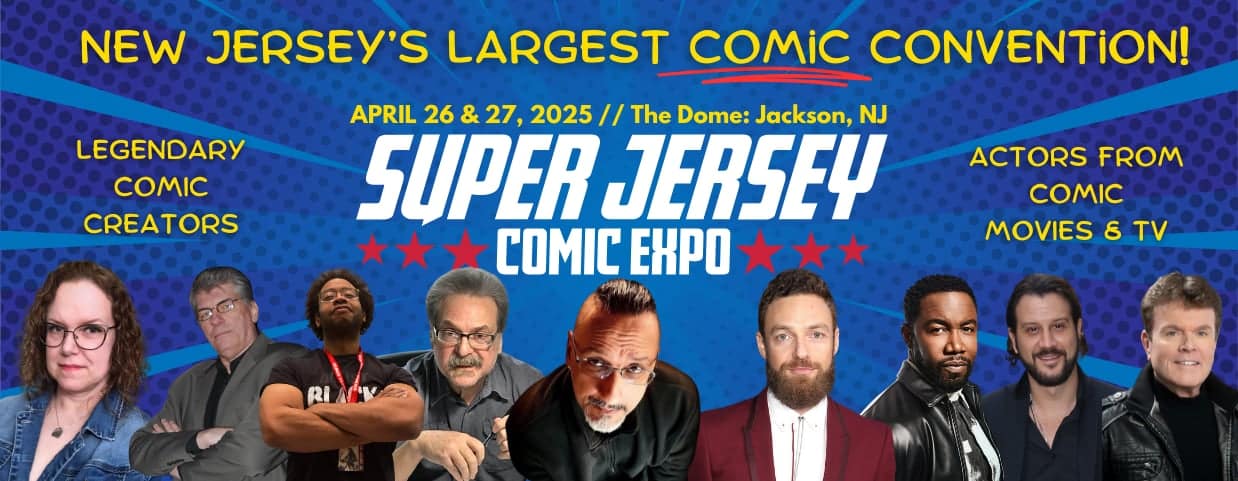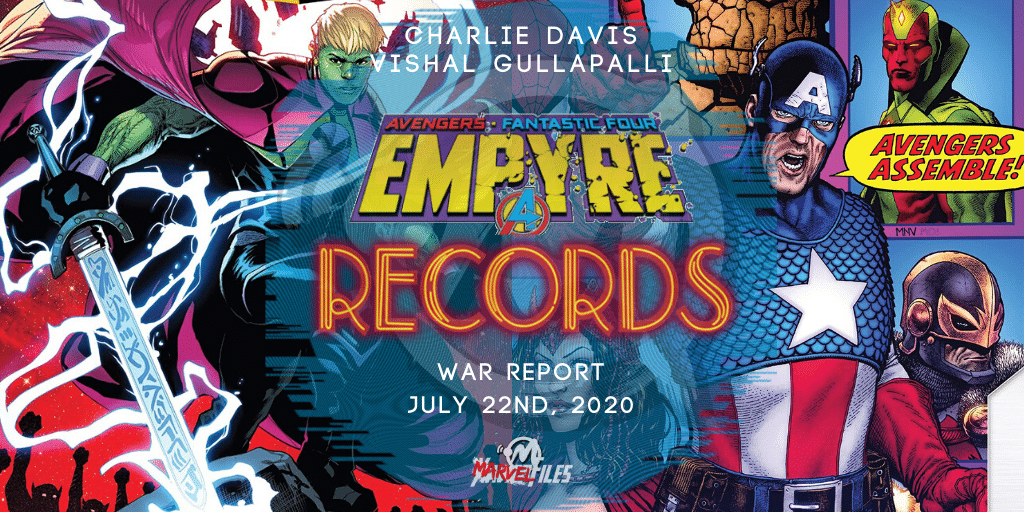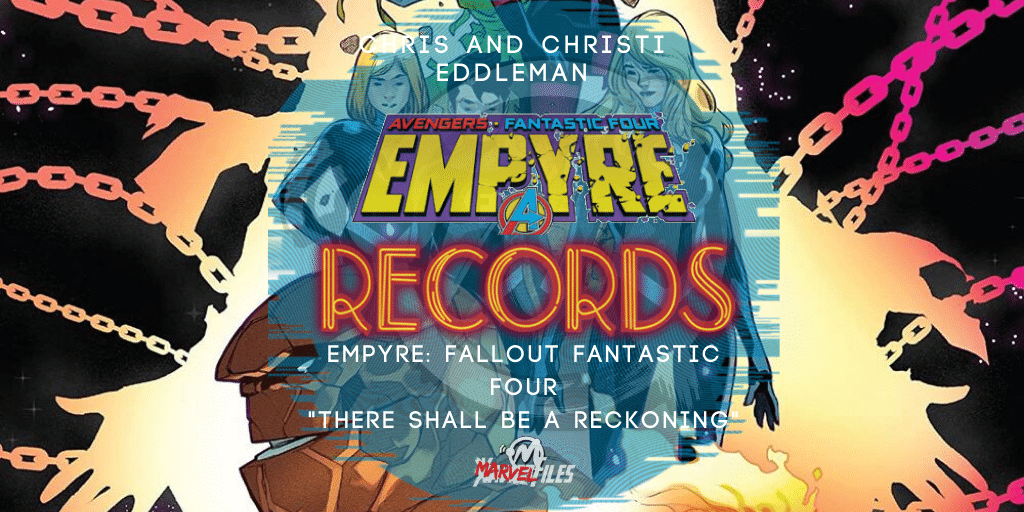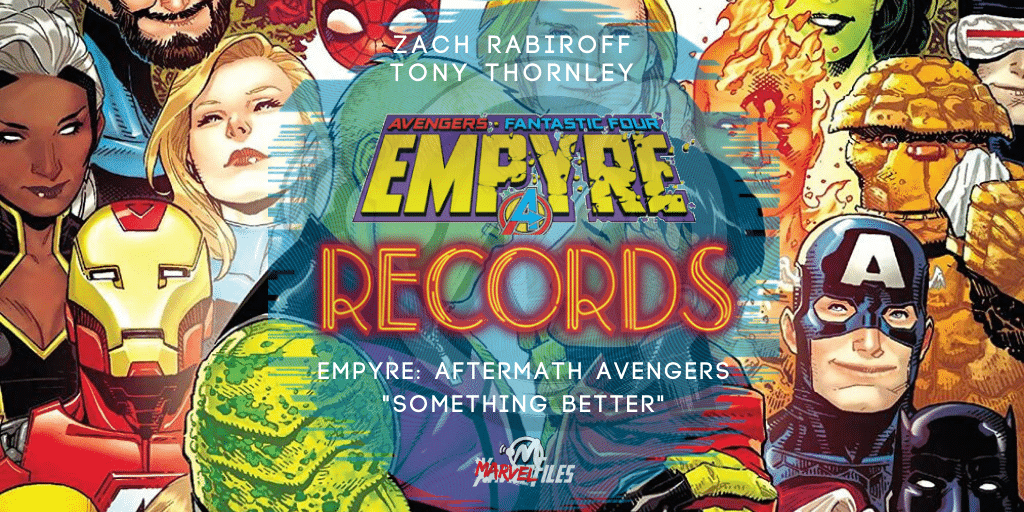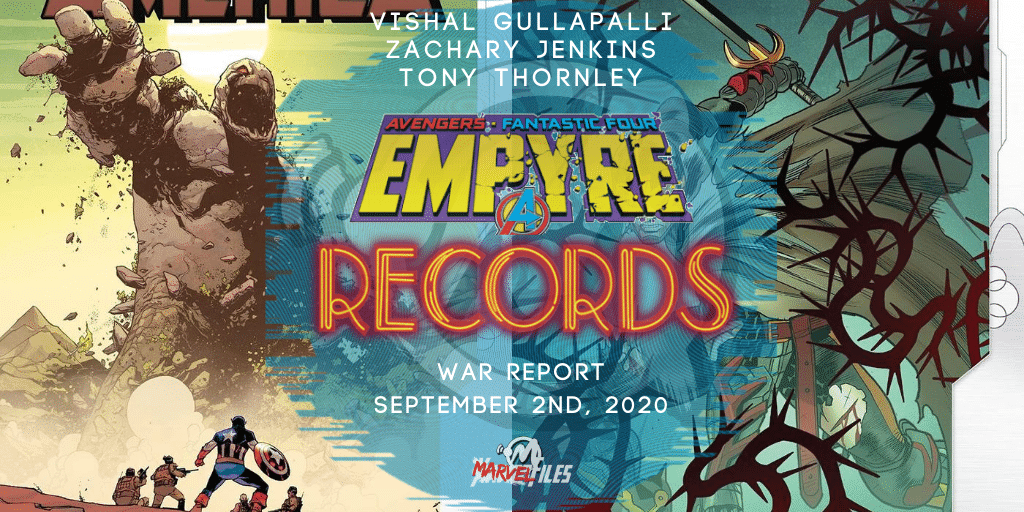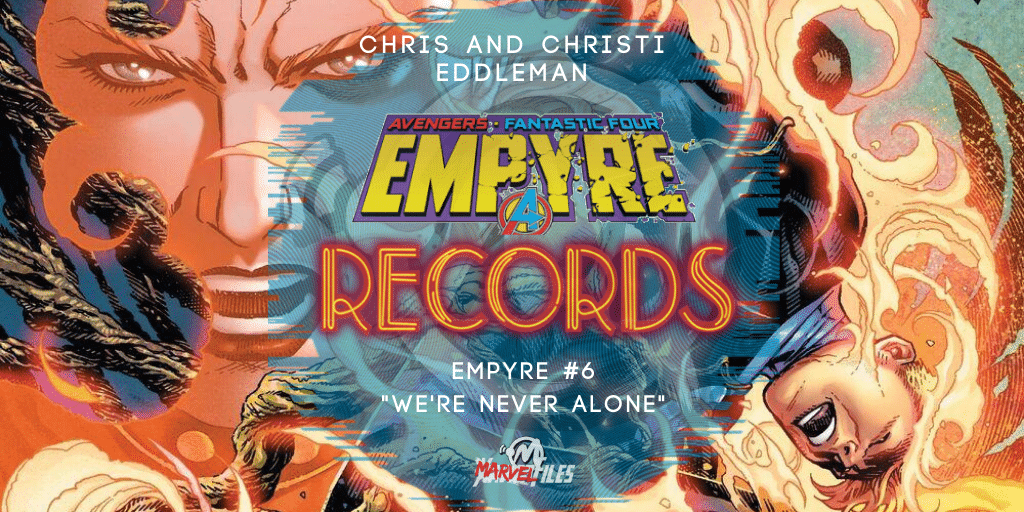Hello, friends and readers, Marvel Files becomes THE WAR REPORT as Empyre starts to take hold. We have big time battles and character portraits this week as Charlie Davis gives their take on Lords of Empyre: Emperor Hulkling while Vishal Gullapalli analyzes Empyre: Avengers #1! Read and enjoy.
Empyre: Emperor Hulkling #1
Sometimes there is a moral quandary when you want to like a comic, but somehow just can’t bring yourself to jump on the bandwagon. There’s a lot that Lords of Empyre: Emperor Hulkling brings to the table, but it fails to be quite the intimate and weighty story that Hulkling’s status quo shift deserves. In the story, the supporting characters of Speed and Prodigy join Teddy as he laments that he doesn’t quite seem to know who he is or what to do when Wiccan is off with another superhero team. [Ed. Note: Strikeforce] This is a problem that has plagued Teddy, both inside narratives and outside of them, and while it’s a nice wink to the meta nature of that, no work is actually done in this story to deconstruct any of it. Teddy is so caught up in the politics of being a bridge between the Skrull and Kree, that the more intimate story is almost forgotten. He questions himself, but even though the love he and Billy share is pure and strong (which is reflected well), the one-shot still doesn’t give him the space to find his own identity.
The one moment Teddy has to connect with Tommy, Billy’s twin and maybe the only other person that can most relate to feeling like Billy’s second fiddle, is traded away to revert Tommy back to his sophomoric “ew Billy and Teddy’s relationship is too cute and gross” status quo. Tommy has permanently been left on the backburner while his more popular twin gets all the spotlight. Tommy who was raised by parents that didn’t really care about him while Billy had the perfect family, Tommy who bore the brunt of Billy walking away from the Young Avengers, Tommy who has 66 comic appearances to Billy’s near 200. The moment between Teddy and Tommy could have been used to bring them closer together, instead Tommy is more defined by his relationship to Prodigy in this scene than how he should be able to relate to Teddy and their shared burden of not being able to outshine Billy’s star. This exchange also takes place inside of a gay bar with drag queens front and center, queens who get more characterization than Tommy does.
These mainstream depictions of gay life seem to be a well that Olivera goes back to frequently, and while they are representative of a slice of the queer community, they also happen to be the slice which is the most socially acceptable. Unfortunately, that means the representation here boils queer men down to a very campy sludge that straight people can easily ingest. The stories of queer people like Billy and Teddy are more than just props to be gawked at. There is some beautiful earnestness in the later pages of this book, but I really do wish that more authors, queer or not, would think about the section of the queer community they may be leaving out when they continue to play to tropes and stereotypes. These tropes that seem to pop up in every story that revolves around Hulkling, Wiccan, and the greater Marvel pantheon of gay male superheroes There is power in taking back these things and representing that in the text is important, but it cannot be the only take that is represented at the expense of a wider scope of queer viewpoints.
Olivera and Zdarsky pen a story that answers the question “But what about Billy?” as it relates to Teddy’s long term role in Empyre, but mired in memeable moments and space politics it misses the point. This should feel like a new chapter in Teddy’s story, instead it feels like the same old one. Billy and Teddy have always been something special, but they deserve more.
Empyre: Avengers #1
If you ask people on the streets what the best Avengers run is, they’d probably say… well, they’d probably say they don’t read comics. If you asked a group of comic readers what the best Avengers run is, they’d probably respond with Jonathan Hickman. Some would say Bendis’s tenure as well. And if you asked them why, they would say they “made the Avengers feel like they mattered.”
This hurts me. It hurts me to my core. I, on a quest whose reasons I don’t even remember anymore, made the decision to go back and read every Avengers comic ever published, starting with the Stan Lee era, and while I’m not done yet I can safely say that what made the Avengers great wasn’t the high stakes or the A-list team or anything like that. No, Avengers reached its peak when the cast was mostly a bunch of B and C-list characters who didn’t have regular solo books and relied on Avengers titles to get their character development. Avengers, at its best, is a workplace drama where a bunch of people would have to deal with threats larger than what any one hero could handle while dealing with interpersonal relationships, drama, and bureaucracy on the side. What Bendis and Hickman (and now Aaron) did to the Avengers was turn them into the Justice League, something I feel has been a wholly negative shift for the franchise. The movies definitely didn’t help either.
Now, I’ll admit this ideal that I hold in my head makes me tend to approach new Avengers books with a bit of caution. But that wasn’t the case with Empyre: Avengers, which promised a return to the more bronze age style of Avengers comics. This miniseries was supposed to tell the story of what a lot of classic Avengers characters were doing during the events of Empyre, and I was incredibly excited. Unfortunately, in its attempt to recapture the spirit and style of the Avengers stories I love, Zub has managed to drop the ball on the most important part – making the story enjoyable.
This issue follows a few small groups going into various areas where the Kree/Skrull/Cotati conflict is rearing its head, each group made up of some classic Avengers characters. Vision, Luke Cage, and Dr. Nemesis investigate a reservoir in Central Park and find a fungus being inhabiting it. That’s all they do. Quicksilver, Mockingbird, and Wonder Man go to Mexico where the two warring alien empires are doing battle, and get caught in the middle of it with both sides willing to destroy humans to destroy their enemies. Lastly, Ka-Zar, Scarlet Witch, and Black Knight all head to the Savage Land, and find that the Cotati have infiltrated it far more successfully than expected. That’s the entire plot of the issue, and while I definitely didn’t do it any favors by describing it so dryly, it genuinely is not more interesting than that. It’s really dull, and I wish it wasn’t.
It feels like Zub spent more time picking which classic Avengers characters he’d use than he did finding anything interesting for them to do. The interactions between characters aren’t really enjoyable to read, and everything just feels like it could be easily skipped. This dull lack of energy persists through the entire issue, with maybe one actually fun reveal in a splash page 2 pages before the end of the issue. I get that this couldn’t focus on any of the big-hitter Avengers, but that’s not what I wanted from it. I wanted to see some of my favorite characters (like Vision, Scarlet Witch, Mockingbird, and Quicksilver) feel like they were Avengers. Instead, they just kind of meander about while Empyre happens around them, saying nothing of value in their strangely long-winded dialogues with each other.
Maybe one day I’ll get the Avengers book I’m looking for, but this miniseries is decidedly not that.

